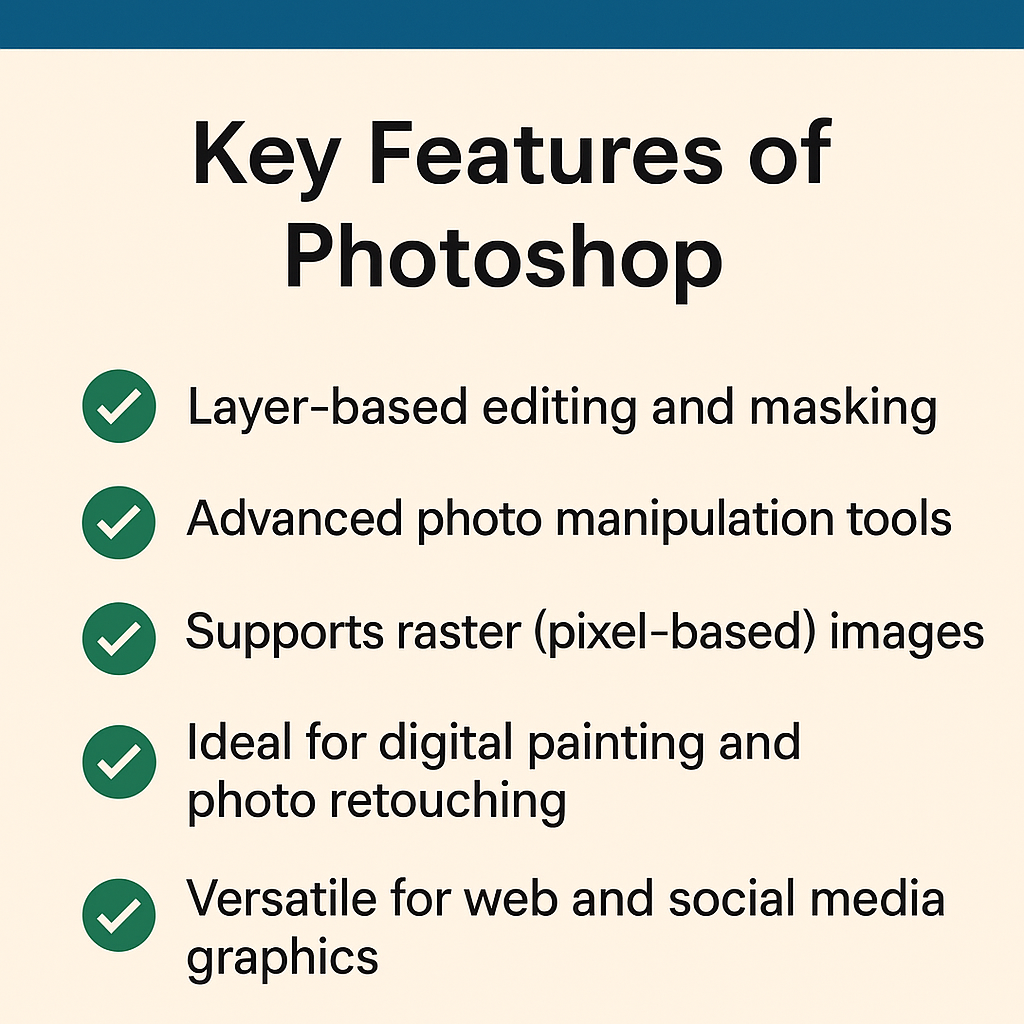Consumers are rapidly shifting from traditional search engines like Google to AI-powered chatbots that do the work for them. Adobe’s research shows AI search has become a key traffic source for retailers. The company analyzed over 1 trillion visits to U.S. retail websites and surveyed 5,000 U.S. respondents to explore AI’s growing role in online searches.
Surge in AI Search Referrals
AI search referrals surged by 1,300% during the 2024 holiday season compared to the previous year. Cyber Monday saw a 1,950% increase. This rapid growth, while expected, is still remarkable given AI search’s early stage. More intriguing is the user engagement: AI search referrals lead to an 8% increase in time spent on sites, 12% more pages browsed, and a 23% reduction in bounce rates. These figures suggest AI tools guide users to more relevant content than traditional search.
Challenges in AI Search
Despite its promise, AI search has faced challenges. Google’s AI Overviews (formerly Search Generative Experience) made errors, offering misleading or incorrect information. Similarly, AI startup Perplexity, valued at $9 billion, faced plagiarism accusations. In response, OpenAI introduced its own AI search feature in ChatGPT, focusing on content control through media partnerships.
Consumer Use of AI Search
Adobe’s survey revealed how consumers use AI search: 39% for online shopping, 55% for research, and 47% for product recommendations. These numbers are attractive to advertisers. However, OpenAI stands out by keeping ads out of its search results. CEO Sam Altman stated that ads in AI search would be a “last resort,” and this ad-free approach might be fueling its growth.
AI Search: A New Era for Online Discovery
Though still evolving, AI search is reshaping how users discover content online. Many argue traditional search is cluttered with ads and SEO manipulation. AI search may offer a cleaner, more relevant alternative—if it can avoid the same issues that plagued traditional search engines.




